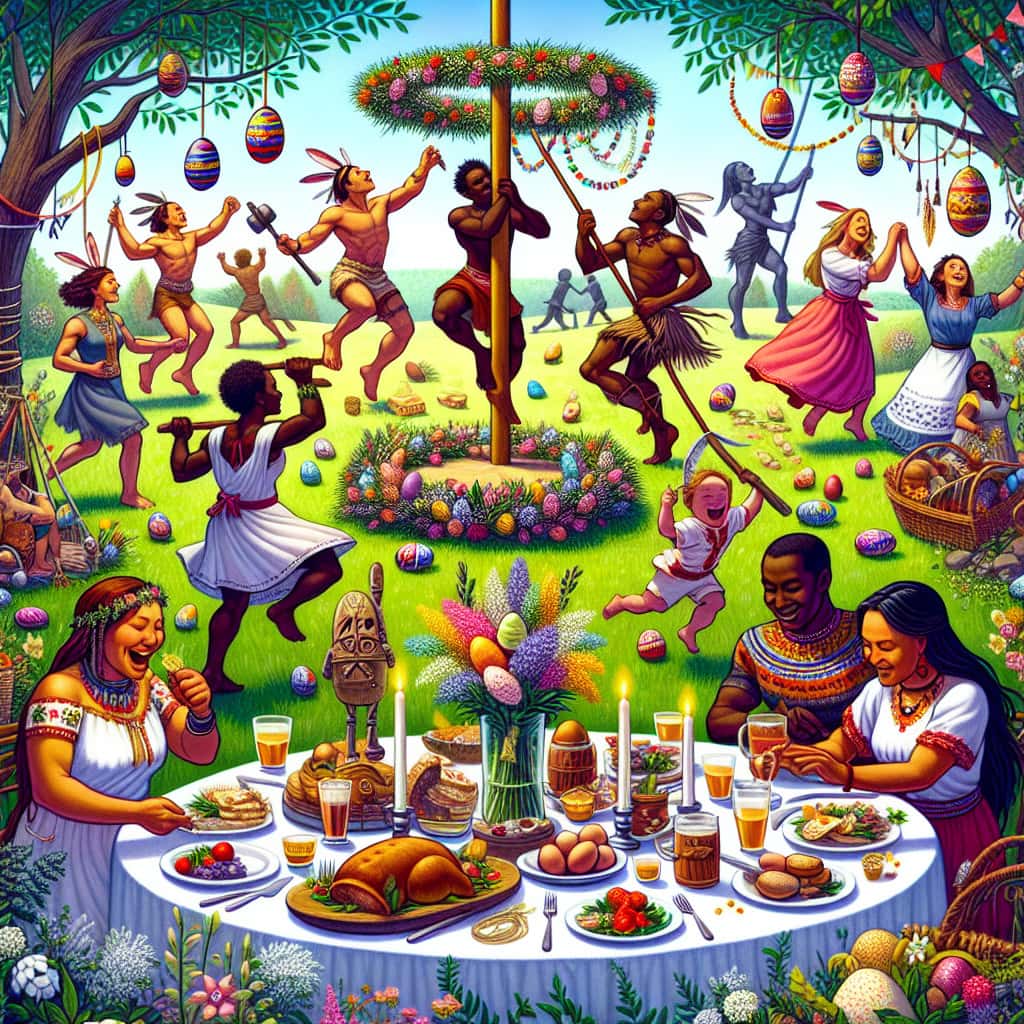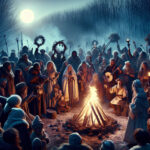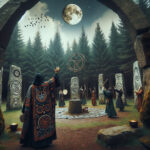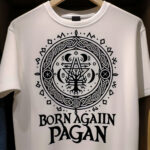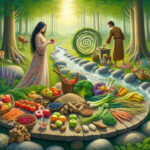Easter is a widely celebrated religious holiday that marks the resurrection of Jesus Christ. But many are not aware of the pagan traditions that have been intertwined with the celebration of Easter throughout history. This article explores the ancient pagan customs that have shaped the modern Easter celebration. From ancient fertility symbols to the colorful eggs we all know and love, we will take a look at the rich cultural heritage of Easter and the pagan traditions that still remain today.
Easter is a Christian holiday that celebrates the resurrection of Jesus Christ. But the origins of Easter are much older and can be traced back to pagan traditions. Over the centuries, these pagan traditions have been integrated into the Easter celebrations of many Christian cultures.
What Are the Pagan Origins of Easter?
The origins of Easter can be traced back to ancient pagan traditions, many of which focused on the coming of spring and the renewal of life. Spring festivals were held to celebrate the end of winter and the beginning of the new season of growth. These celebrations were sometimes centered around a goddess figure, such as the Greek goddess, Eostre, or the Germanic goddess, Ostara.
What Was the Meaning of Eostre?
The name “Eostre” is thought to have been derived from the Old English word for “spring”, which was “eostremonath”. Some scholars believe that Eostre was an Anglo-Saxon goddess of fertility and new beginnings. According to some accounts, Eostre was associated with hares and eggs, both of which have become symbols of Easter over the centuries.
How Did Pagan Traditions Become Part of Easter?
Over the centuries, many pagan traditions have become integrated into Easter celebrations. In the early years of Christianity, some Christian leaders sought to convert pagans to Christianity by adopting some of their traditions. As a result, many of the symbols and traditions associated with Easter today, such as eggs and rabbits, have their roots in pagan customs.
What Are Some Other Pagan Traditions Associated with Easter?
In addition to the symbols of eggs and rabbits, there are other pagan traditions associated with Easter. One of the most popular is the Easter bonfire, which was originally used to celebrate the coming of spring and the renewal of life. Another is the tradition of decorating Easter eggs, which is thought to have originated from the custom of decorating eggs as offerings to the gods in ancient times.
What Is the Significance of Easter to Christians?
For Christians, Easter is a time to commemorate the resurrection of Jesus Christ, which is seen as the ultimate sacrifice of love and the source of hope. Easter is also a time to celebrate the triumph of good over evil and the promise of eternal life. The Christian celebration of Easter is deeply rooted in the Bible, and has been celebrated by the Church since its earliest days.
Conclusion
Easter is a Christian holiday, but its origins can be traced back to ancient pagan traditions. Over the centuries, many pagan traditions, such as the Easter bonfire and decorating eggs, have become part of the Easter celebrations of many Christian cultures. For Christians, Easter is a time to remember the resurrection of Jesus and celebrate the triumph of good over evil.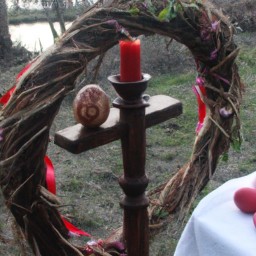
Easter is an important holiday for many people around the world, and it is steeped in both religious and pagan traditions. While many of the Easter traditions we observe today have religious origins, many of them have their roots in pagan beliefs. From the Easter Bunny to Easter eggs, these traditions are a reminder of the rich history of the holiday and its connection to ancient pagan cultures. Despite the differences in their origins, these traditions continue to bring joy to many people, and they remain an important part of the Easter celebration. No matter what their origins, Easter traditions are a reminder of the joy and celebration that comes with this special holiday.

